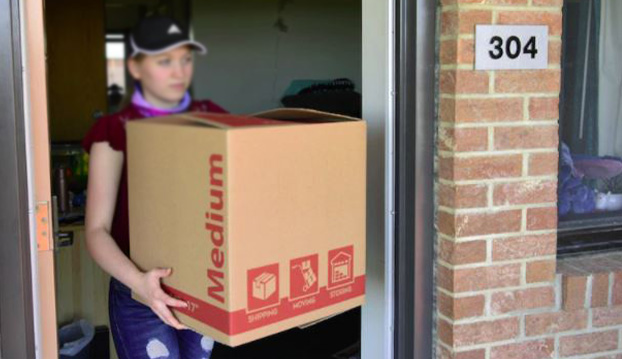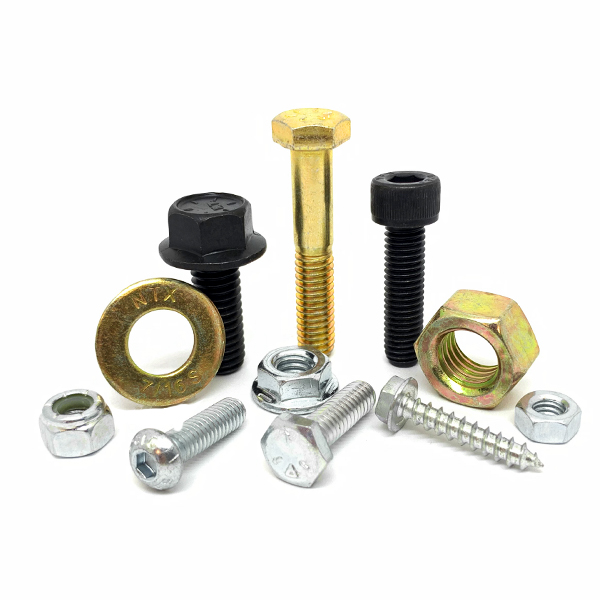First Apartment Checklist
It is exciting to move out for the first time. Moving out can be overwhelming, especially for those who have never lived on their own. Between the excitement of finally owning your new apartment in New York and the fear of having to move out of your comfort zone, there are a few things you should do in order to make the transition as smooth as possible.
The good news is that we have all been there. Everyone experiences moving out on their own, even if it means sharing a room with roommates or a significant other. We all manage to figure out how to pay rent each month and what type of toilet paper we need.
1. Tips For Moving Out On Your Own For The First Time
Moving out is an emotional rollercoaster. It’s full of joy and terror, huge excitement and deep anxiety. It’s all good when you’re thinking of having no one around to tell you what to do, but then thoughts like how to pay rent, National Grid utilities, food, insurance, gas, etc. start to sneak in. Moving out of your parents’ home is a significant life change. There are many details and steps to take into consideration. This guide will help you to ease the stress and make it easier to move out.
Get Your Finances In Order
Probably you had some financial security while you lived at your parents’ home. You need to understand what a budget is, and how it works. Although this may not be the most enjoyable step in moving out of your parents’ house, it is an essential one.
- Track your monthly income and track your average monthly expenses to find out your monthly income. You should start by listing all non-negotiable expenses like rent, groceries, and energy bills. Next, determine how much income you will need and how much rent you can afford.
- Budget for moving out, including costs of renting a truck or hiring a moving company. You can get a fixed price quote to help you understand what to expect and how renting a truck compares to hiring professional movers.
- Calculate how much money you have leftover to purchase the apartment you want. You will likely have to pay a deposit and your first month’s rent. Make sure you save some money in the months before your move.
Find A Steady Job
Most people feel that they have a lot of knowledge. The workplace is the best place to start learning. Many young adults start their climb to the top as an entry-level job when they are just starting out in the world. These positions don’t come with big salaries, but this shouldn’t discourage you. Instead, you should use this job to show off your talents and ambitions and make a plan for your future success.
Key Point: If your entry-level job does not cover rent, perhaps it is not the right time to leave your home until you have some stability.
Practice Good Habits Before You Move Out
To make the transition smoother, if you have been leading a simple life with no chores and no budget to keep up with, it is time to start making changes now. This is an important aspect of moving out.
- You can improve your hygiene habits by paying close attention.
- Track your spending, and stick to a budget. This will allow you to get a clear picture of your spending habits prior to moving. It is important to stick to your budget and think of ways to save on household expenses so you can enjoy some of your hard-earned cash. Start buying food for yourself if your family has been purchasing all your food.
- The most difficult task is to create a routine that you follow every day in order to be ready for the job market.
2. What To Look For When Choosing Your First Apartment
It’s time to get out of your parents’ or friend’s house/dorm and go on your own. Although this is a great opportunity to gain more independence, it can quickly become a nightmare for those who don’t consider all options. You need to take a deep breath before you begin your apartment search.
Will You Be Comfortable Working From Home?
Many employers are now adopting permanent work from home policies. This means that renters will spend more time in their apartment. If this is you, make sure that your future space can be used for remote work.
What Is The Surrounding Area Like At All Hours?
While you may be focused on finding the address, let your eyes wander while you visit a new location. Is it difficult to get there by car or public transport? Is there a lot of fast-food restaurants and bars nearby? Is the apartment near a bus stop or an intersection? Visit this place at various times of day to get a better idea of how noisy and wild it is.
Are The Common Areas Well-kept?
When you approach your potential new apartment, be aware of how clean the common areas, including hallways, stairwells, and stoops are. It can give you clues about the type of neighbors you will be sharing your apartment with and how well the property is managed.
Are There Any Signs Of An Infestation?
Many people in large cities are used to living with vermin. Some people find the idea of sharing your new space with mice and roaches disgusting. Make sure you do a thorough assessment of your new space. To search for bugs in corners, cabinets and crevices, bring a flashlight. Also, be sure to check for any signs such as droppings, decay or shedding.
What Is The State Of The Building?
Older buildings tend to have more character but sometimes buildings with character also mean higher electric bills. Many old buildings in New York have little to no insulation so if you are renting an older building it might be wise to get an estimate of the previous tenants bills so you can get a better idea of what to budget for.
3. Money-Saving Tips
So you are settling in your new apartment, that means you’ll be paying your own electricity bills. Although there is no need to panic, energy habits can impact your monthly bill. Although everyone’s energy habits may be different, here are some common ways that you can save energy.
Use Energy-Efficient Light Bulbs
Incandescent bulbs may have been left behind by the previous tenant when you moved in. These bulbs should be replaced with energy-saving bulbs as soon as possible. Incandescent bulbs may be cheaper than energy efficient bulbs, but they have a shorter lifespan and are more expensive to use. CFLs use less electricity and can be replaced with the lights you use most. CFLs last much longer, and LED bulbs even longer than that.
Use Smart Power Strips
Smart power strip turns off completely after a certain period. This means that any devices connected to them (TVs, routers, game consoles, as well as other items that use standby power) will be turned off after a set period.
Replace The Air Filters
Dirty filters can make your heat and air conditioner work harder to circulate the air. A dirty filter can increase the cost of heating and cooling your apartment. Air filters can be made from different materials and in different sizes.
Bottom Line
You need to know a lot about renting your first apartment. You should first determine your budget and then carefully go through the rental process. Make sure you pay attention to details and keep track of expenses to make your apartment your home. Talk to your family members and friends about how you feel. They will likely give you some support and reassurance, as well as some tips to help you ease the transition.
Share this content:













